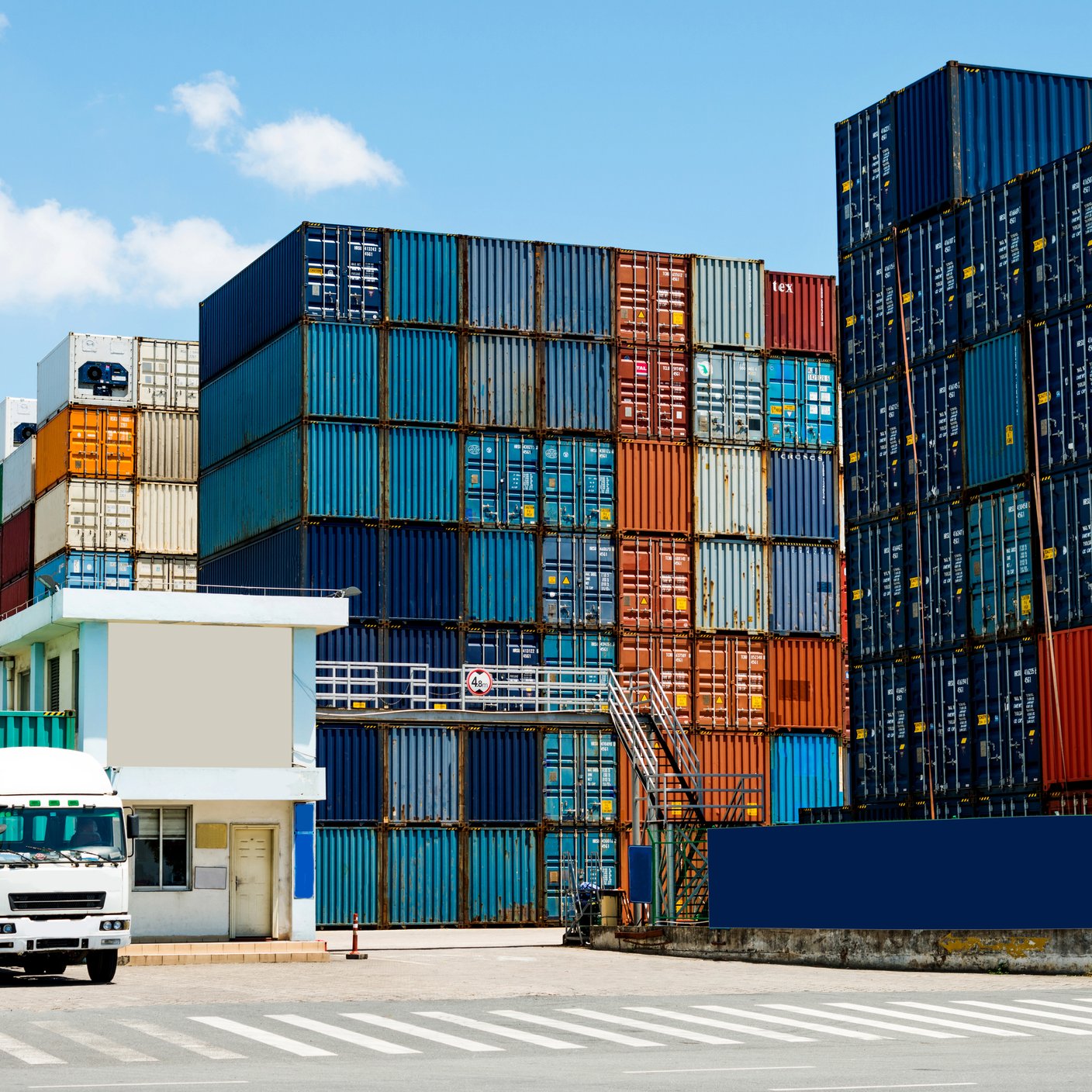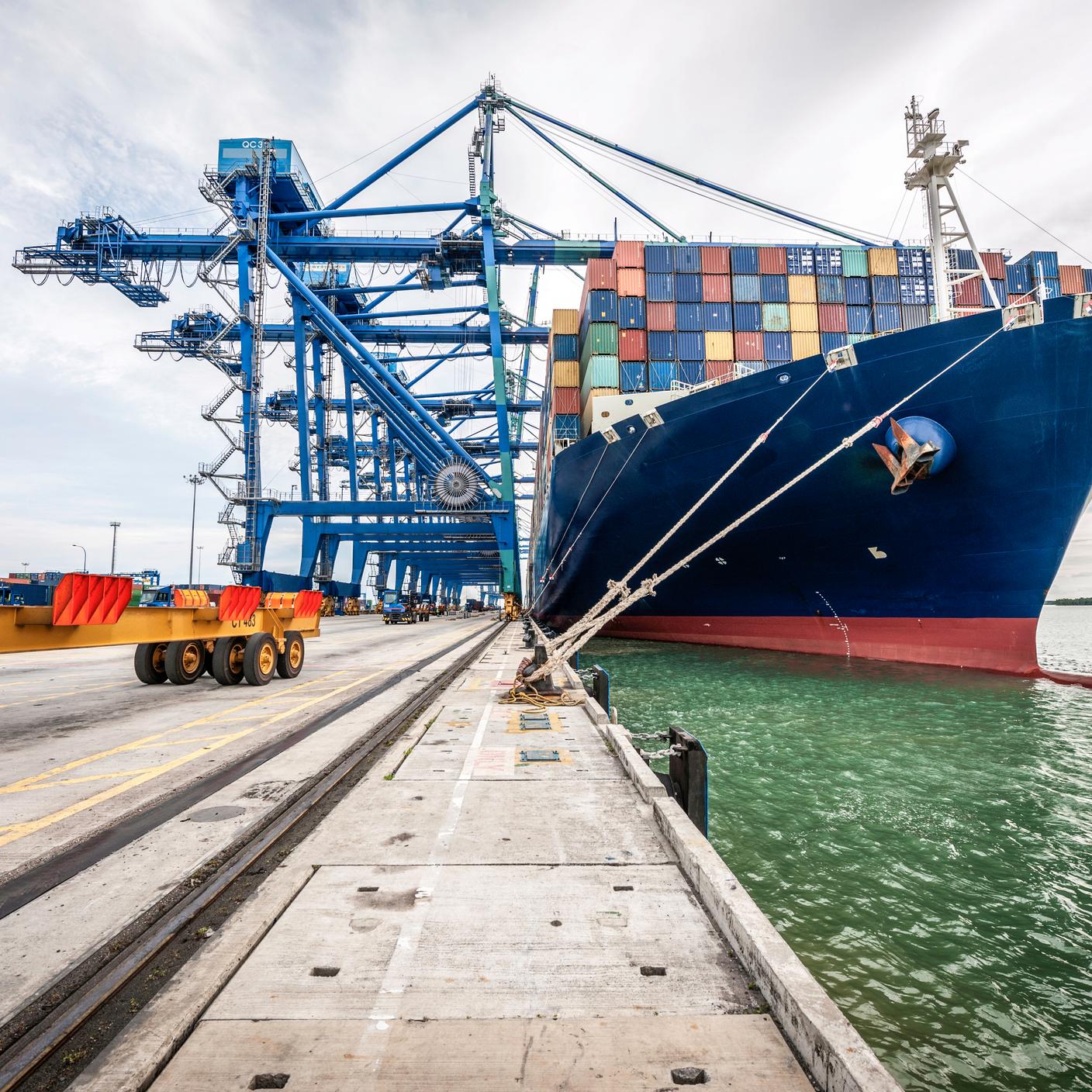Cybersecurity in the spotlight
In today's interconnected world, the digital supply chain plays a pivotal role in the efficient flow of goods, services, and information within organizations.
However, with the increasing adoption of technology and digital solutions, the vulnerability of cyberattacks has become a major concern.
In this article, we explore the significance of cybersecurity within the digital supply chain, exploring the risks posed by cyberattacks, the need for proactive measures, and strategies to protect this critical component of modern business operations.
The growing threat of cyberattacks
Cyberattacks targeting the supply chain can have dire consequences. Such attacks compromise sensitive information, disrupt operations, and lead to substantial financial losses that ripple through the entire chain. Recent years have seen a surge in the frequency and sophistication of cyberattacks on the digital supply chain, amplifying concerns within the business landscape.
The complex web of the digital supply chain
The digital supply chain forms a vast network of systems, devices, and technologies, spanning from enterprise resource planning (ERP) systems and Internet of things (IoT) devices to cloud services and mobile apps.
Unfortunately, the widespread adoption of these technologies has expanded the potential target for cybercriminals, who can exploit a single vulnerability to set off a chain reaction, imperiling the entire ecosystem. The interconnectivity of the digital supply chain magnifies the ripple effect of cyberattacks, where targeting even one link can disrupt the entire network, leading to operational turmoil and financial setbacks for all stakeholders.
Prominent instances like the SolarWinds and Colonial Pipeline Co. attacks underscore the immense impact that cybercriminals can wield over the supply chain.
Ransomware's disturbing role
Ransomware attacks pose a significant menace to the digital supply chain, as cybercriminals exploit the interconnected nature of the supply chain ecosystem, capitalizing on the potential for swift and substantial ransoms.
When several organizations are impacted, the likelihood of paying ransom increases, underscoring the urgent need for strong cybersecurity precautions.
Proactive cybersecurity measures
Organizations can follow these steps to safeguard their digital supply chains from cyber threats:
- Robust security measures: Employ encryption, firewalls, and intrusion detection and prevention systems to fortify your digital infrastructure.
- Continuous monitoring and updates: Regularly monitor and update systems and software to address emerging vulnerabilities and stay ahead of potential attacks.
- Secure remote access: Implement stringent security protocols for remote access to new technologies, reducing the risk of unauthorized entry points.
- Risk assessment and incident response: Conduct regular risk assessments and develop comprehensive incident response and continuity plans to mitigate the impact of cyberattacks.
Meeting demands of cybersecurity
The digital supply chain plays a crucial role in today's businesses and requires a constant focus on cybersecurity. Organizations should acknowledge how their networks are connected and the risk of cyberattacks disrupting operations and data security. By using strong security measures, staying watchful, and planning for surprises, businesses can navigate the digital world successfully, ensuring their supply chains remain strong and efficient. In this era of digital risks, proactive cybersecurity is vital for business continuity and success.
The role of standards
There are guidelines and methods provided by standards and frameworks that can help organizations improve their cybersecurity in the digital supply chain. Depending on their industry, rules, and specific needs, organizations can follow standards to manage cyber risks and keep their supply chain safe.








